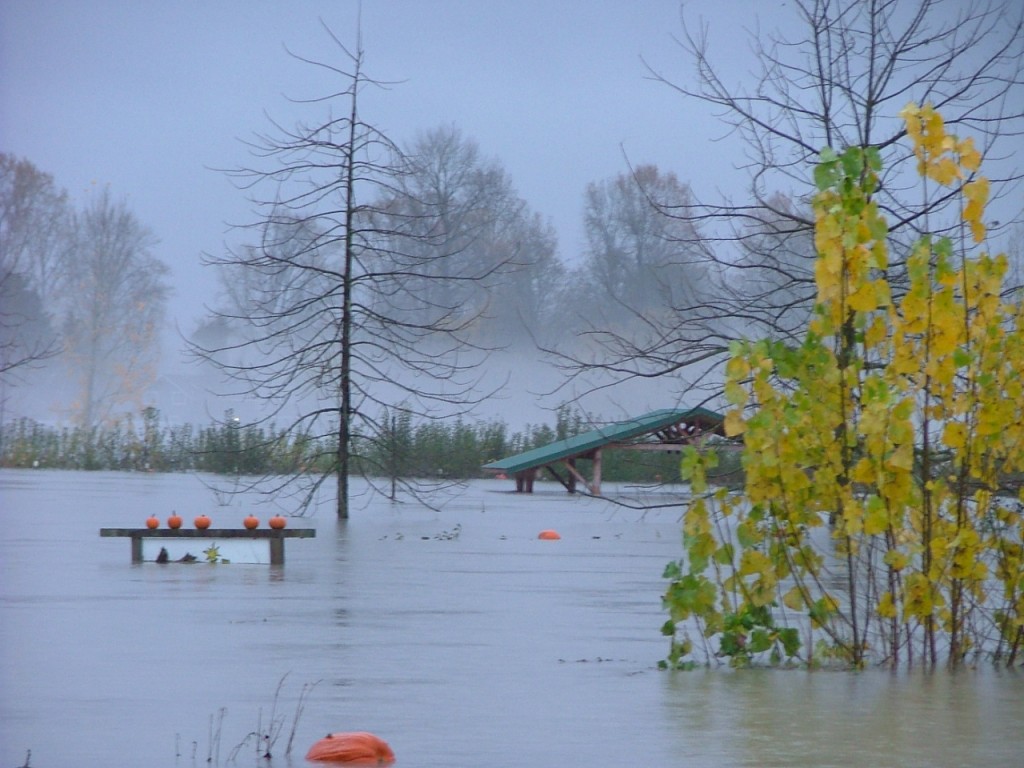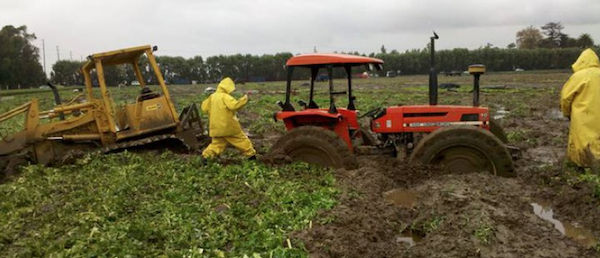River floodplains are some of the world’s most fertile soils and farmers around the world have taken advantage of that fertility since agriculture began in the Tigris and Euphrates river valleys.
At the same time, those lowlands are prone to periodic flooding that is devastating to farmers and others living within the river valleys.
Even in the earliest days of the city of Seattle, vegetable and fruit growers in the Duwamish River delta had to plan for flooding as a natural consequence of farming in lowlands and wetlands.

Today, lowland farmers like Jubilee Biodynamic Farm in Carnation, Washington, are working constructively with soil and water conservation agencies to ensure wise use of the land and prevent flooding.
This year’s wet spring – with its accompanying flooding – is affecting farmers across the country, especially along the 2,300-mile Mississippi River. The river drains a watershed that covers about 40% of the country; 1,250,000 square miles that covers all or part of 31 states.
In its decades-long battle to “control” the Mississippi River, the Army Corps of Engineers has built dikes, levees, channels, and flood walls to keep the river “in its place.” Those protective walls and dikes made it safer to farm, live, and build homes next to the river.
Now, at Cairo Illinois (about 150 miles south of St. Louis), to protect even more farms and homes down river, the Army Corps of Engineers breached a protective levee and flooded 130,000 acres of farmland to reduce the pressure from the channeled – and rising – river.
The outcome is that critical wetlands and floodplains, even where they are dedicated to crops, need to be carefully managed to sustain vital ecosystem functions.
The elimination of important conservation programs, further construction of homes – and the roads, driveways and other impervious surfaces that accompany them – into watersheds, and other ill-planned land use has contributed to the destruction of these resources for all interests involved.
With climate change, it is even more important that conservation policies and programs be adhered to and expanded on.
This year the mighty Mississippi – the Father of All Rivers – flexed his muscles and has proven, once again, that in the battle with nature, nature is likely to win.

